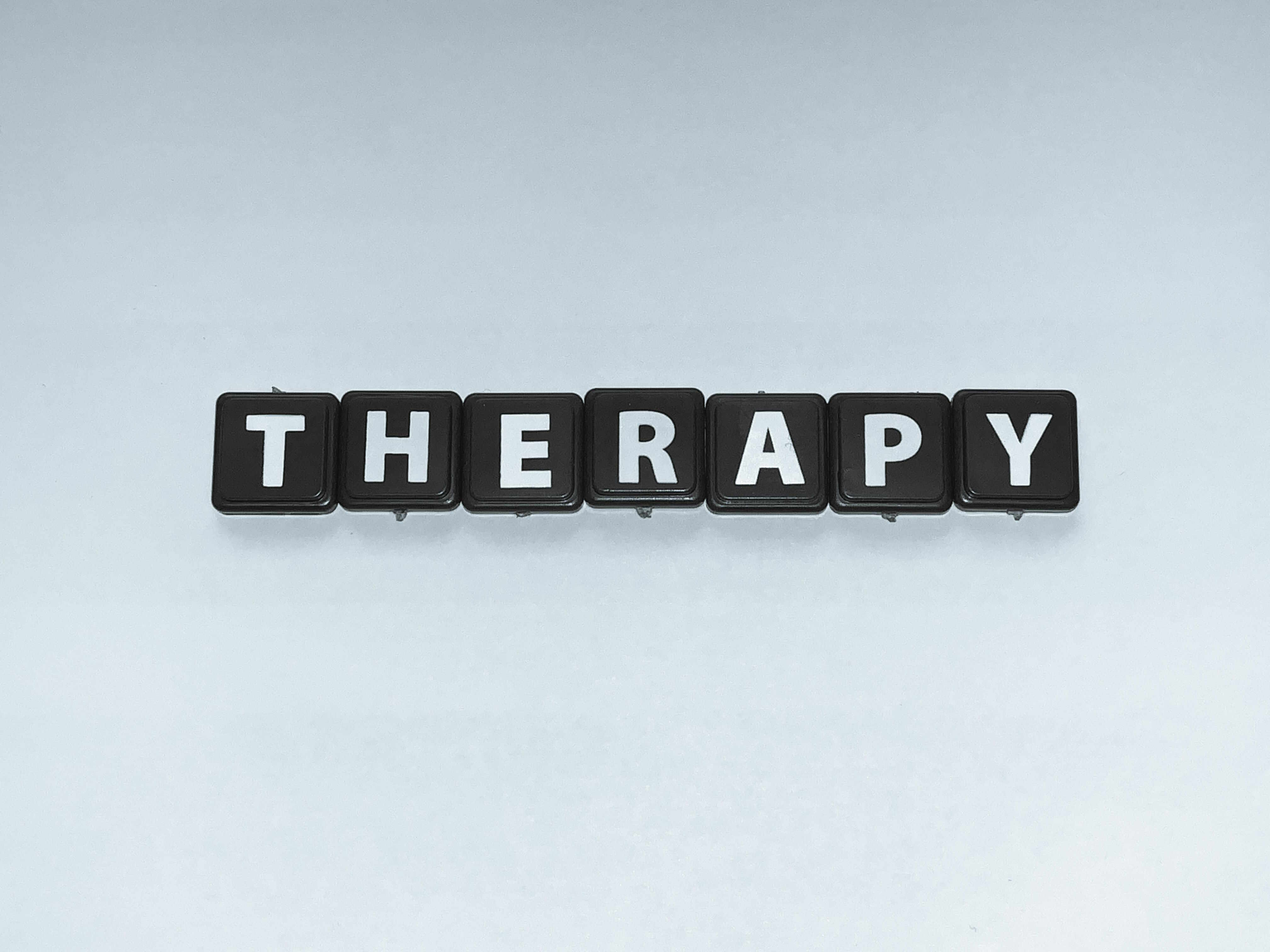Spotting Key Depression Signs
Depression affects millions of people worldwide, yet many struggle to recognize its symptoms in themselves or loved ones. Understanding the warning signs of depression is crucial for early intervention and effective treatment. While feeling sad occasionally is normal, depression involves persistent symptoms that interfere with daily life, relationships, and overall well-being.

Depression manifests through various emotional, physical, and behavioral symptoms that can significantly impact a person’s quality of life. Mental health professionals use specific criteria to diagnose depression, but recognizing early warning signs can help individuals seek appropriate support before symptoms worsen.
Understanding Persistent Sadness
Persistent sadness represents one of the most recognizable symptoms of depression. Unlike temporary feelings of sadness that everyone experiences, depression-related sadness lasts for weeks or months without relief. This overwhelming emotional state affects daily functioning, making simple tasks feel insurmountable. Individuals may find themselves crying frequently or feeling emotionally numb, unable to experience joy from activities they once enjoyed.
The sadness associated with depression often feels different from normal grief or disappointment. It may appear without an obvious trigger or continue long after a stressful event has passed. Family members and friends might notice personality changes, withdrawal from social activities, or a general lack of enthusiasm for life.
Recognizing Feelings of Hopelessness
Hopelessness in depression extends beyond temporary discouragement about specific situations. People experiencing depression often feel trapped in their current circumstances with no possibility of improvement. This symptom can manifest as negative thoughts about the future, believing that problems are permanent and unsolvable.
Individuals may express statements like “nothing will ever get better” or “there’s no point in trying.” These feelings can lead to decreased motivation, abandonment of goals, and difficulty making decisions. Hopelessness often accompanies other symptoms and can significantly impact treatment adherence and recovery progress.
Identifying Emotional Emptiness
Emotional emptiness describes a profound sense of numbness or disconnection from feelings. Unlike sadness, which involves intense negative emotions, emptiness represents an absence of emotional response altogether. People experiencing this symptom often describe feeling “hollow” or “dead inside.”
This emotional void can affect relationships, work performance, and personal interests. Individuals might struggle to connect with others emotionally or find meaning in previously important activities. The emptiness can be particularly distressing because it prevents people from experiencing positive emotions, even during typically joyful occasions.
Physical and Behavioral Warning Signs
Depression affects more than emotions, causing noticeable physical and behavioral changes. Sleep disturbances are common, including insomnia, early morning awakening, or excessive sleeping. Appetite changes may result in significant weight loss or gain. Energy levels often decrease dramatically, making routine activities feel exhausting.
Concentration difficulties can impact work, school, or personal relationships. Memory problems, indecisiveness, and reduced productivity are frequent complaints. Some individuals experience physical symptoms like headaches, digestive issues, or unexplained aches and pains.
When to Seek Professional Help
Recognizing depression symptoms is the first step toward recovery, but professional evaluation is essential for accurate diagnosis and treatment planning. Mental health professionals use standardized assessment tools and clinical interviews to determine whether symptoms meet criteria for depression.
Several types of healthcare providers can help with depression screening and treatment. Primary care physicians often conduct initial assessments and may prescribe medications. Psychologists and licensed clinical social workers provide therapy services. Psychiatrists specialize in mental health medication management and complex cases.
| Provider Type | Services Offered | Key Features |
|---|---|---|
| Primary Care Physician | Initial screening, medication management | Convenient access, familiar provider |
| Psychologist | Therapy, psychological testing | Specialized training in mental health |
| Psychiatrist | Medication management, therapy | Medical degree, complex case expertise |
| Licensed Clinical Social Worker | Therapy, case management | Holistic approach, community resources |
| Mental Health Counselor | Individual and group therapy | Specialized counseling techniques |
Building Support Networks
Recovery from depression often involves multiple forms of support beyond professional treatment. Family and friends play crucial roles in providing emotional support and encouragement. Support groups, both in-person and online, connect individuals with others who understand their experiences.
Community resources, including crisis hotlines and mental health organizations, offer additional assistance. Many employers provide employee assistance programs that include confidential counseling services. Educational institutions often have counseling centers available to students.
Early recognition of depression symptoms enables timely intervention and better treatment outcomes. While depression can feel overwhelming and isolating, effective treatments are available. Understanding the signs of persistent sadness, hopelessness, and emptiness empowers individuals to seek help and begin their journey toward recovery. Remember that depression is a treatable medical condition, and seeking help demonstrates strength rather than weakness.
This article is for informational purposes only and should not be considered medical advice. Please consult a qualified healthcare professional for personalized guidance and treatment.




